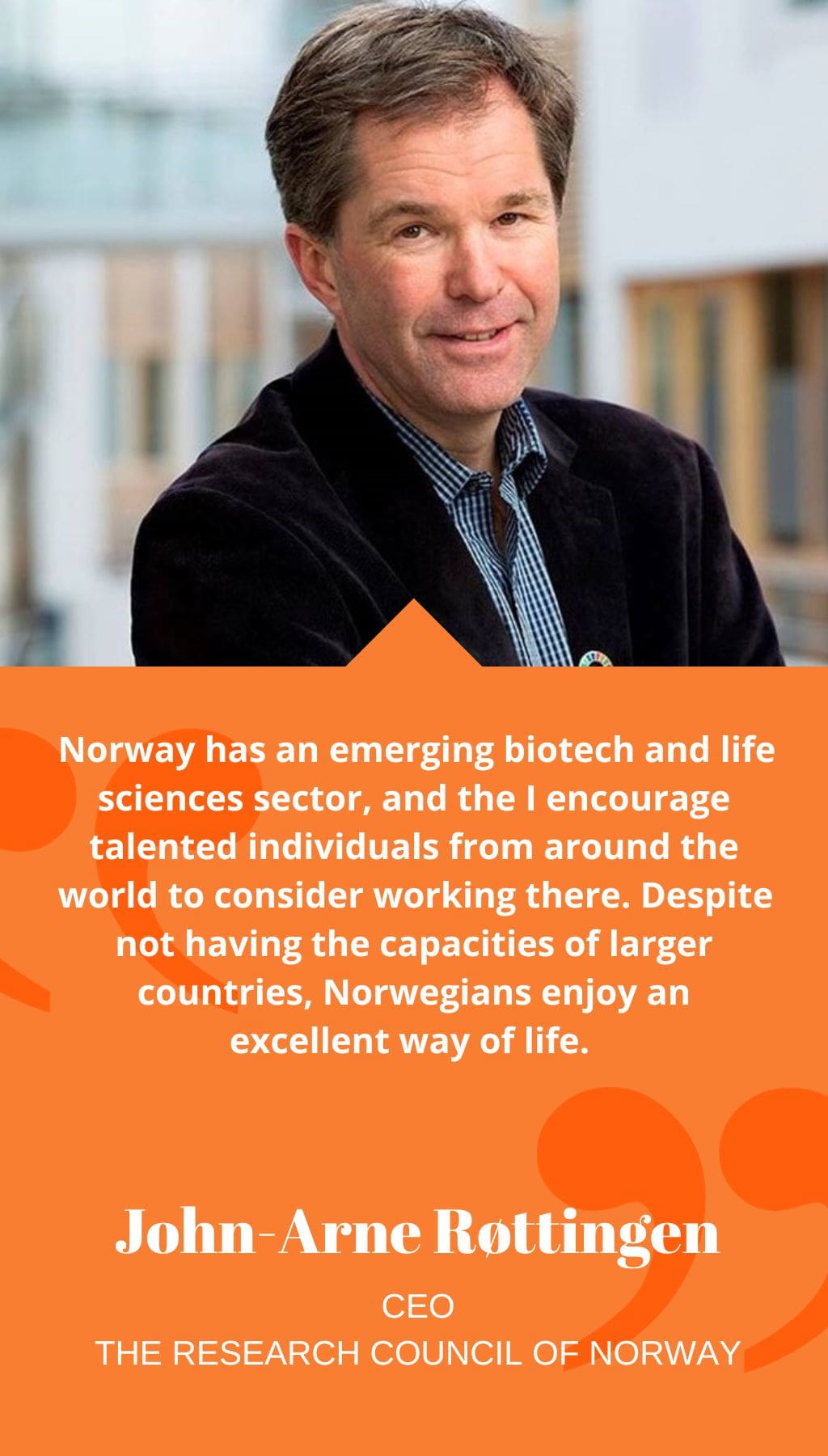
- Norway | 27 November 2020

Can you explain the role of Norway’s ambassador of global health and the significance of Norway in the field of global health?
The role of Norway’s ambassador of global health is a crucial one that bridges the gap between politics and technical work. Norway has been a significant player in global health on the international stage, having played a key role in establishing institutions like Gavi, the Vaccine Alliance, and the Global Fund. More recently, Norway has been instrumental in setting up CEPI (Coalition for Epidemic Preparedness Innovations). The Norwegian government created this new role to further strengthen its strategic approach to health development aid.
How has the COVID-19 pandemic posed challenges in addressing the global health crisis?
The COVID-19 pandemic presented significant challenges, especially in the early stages when there were no existing technologies to combat the virus. However, the race to develop a vaccine has been remarkable, with nearly 200 candidates registered and 40 in clinical trials, including 10 in Phase III. The current challenge revolves around supply and production capacity. To ensure access to vaccines, we need to expand production by expanding the market. Risk-based procurement deals, where the procurer takes on the risk, and collaboration through a joint global mechanism have been advocated to start production early and expand total production capacity. The COVAX Facility was established to facilitate risk-based procurement agreements for self-financing and developing countries, preventing limited supply issues.
What lessons were learned from tackling the Ebola outbreak that can be applied to the current COVID-19 situation?
The Ebola outbreak provided valuable lessons. It demonstrated that research can be conducted in low-resource settings during a crisis. Additionally, it highlighted the importance of being better prepared to enter Phase III trials earlier. CEPI was founded to conduct development work up until Phase II ahead of outbreaks. The COVID-19 response has seen extensive research and evaluation of different drugs, but there has been a lack of collaboration and small trial sizes. I emphasize the need for pragmatic trials of repurposed drugs and increased enrollment in clinical trials globally.
What are your hopes for the future of global health, particularly in light of the COVID-19 pandemic?
I express the hope that the world recognizes global health as a global public good, especially in terms of health security and infectious diseases. It is essential to create new mechanisms to enhance capacity for disease detection and response, as well as finance research and development. Collaborative efforts can lead to faster and better-prepared responses. Existing institutions also need to be upgraded, and the COVID-19 pandemic presents an opportunity for institutional reform in global health.
What would you like readers to know about Norway?
Norway has an emerging biotech and life sciences sector, and the I encourage talented individuals from around the world to consider working there. Despite not having the capacities of larger countries, Norwegians enjoy an excellent way of life. They work effectively, allowing time for leisure activities and enjoyment of nature.














